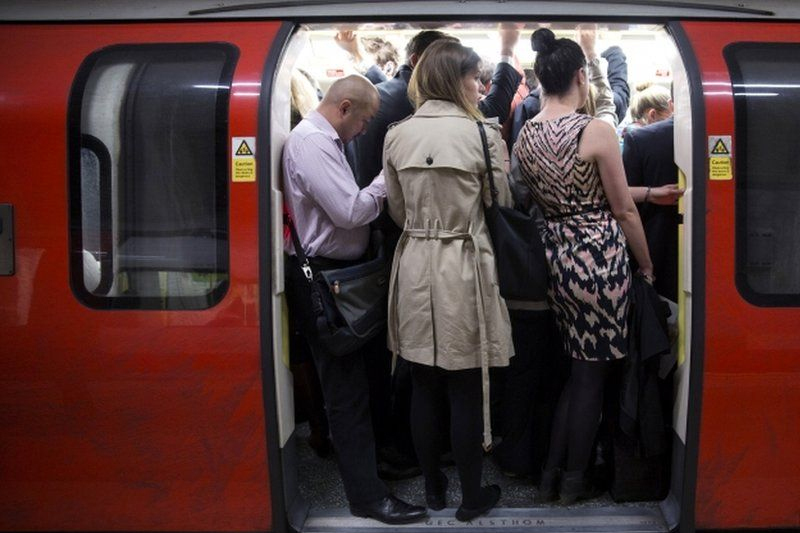
at least 33% of uk women suffer sexual offenses while commuting
Women in the United Kingdom have suffered sexual offenses while commuting by train or tube. Sexual harassment and assault in the UK have long been a hidden crisis. Sexual misconduct, which encompasses unwanted sexual behavior in the form of verbal and physical harassment and assault, is a pervasive problem for UK women.
Official surveys indicate that at least 33% of women in the UK have suffered sexual offenses while commuting. Women are more vulnerable to the perpetrators, who are predominantly men.
According to a survey commissioned by British Transport Police (BTP), over a third of women have been subjected to sexual offenses while commuting. Around 51% of women, who have been victims of sexual offenses, said that other passengers tried to help them.
Keep Reading
UK Women Suffer Sexual Offenses While Commuting
The British Transport Police (BTP), a national special police force that polices the railway network of England, Wales and Scotland, said that at least 33% of women in the UK suffered sexual offenses. Around 18% of women who suffered sexual offenses reported it to police. Most sexual offenses took place during the evening rush hour period from 5 to 7 pm.
Paul Furnell, Detective Chief Superintendent – Head of Crime and Public Protection – British Transport Police (BTP), said, “I’ll guarantee that most of us have told our daughters, mums, or friends to be careful on their way home when they’re traveling alone late at night.”
Paul Furnell reportedly said, “We’re not asking people to police the railway because that’s our job, but we need people to report what’s happening to us so we can take action.”
The BTP survey comprised 2,000 British adults. Those people commute to work by rail, tube or tram. While commuting, women witnessed inappropriate behavior such as leering, touching or upskirting.
Jacqueline Starr, the chief executive of the Rail Delivery Group, said, “Experiences of sexual harassment are sadly a reality for many women.”
Rail Delivery Group, the British rail industry membership body, and the British Transport Police, with more than 3,000 stations and depots, have agreed to cooperate to confront this problem.









